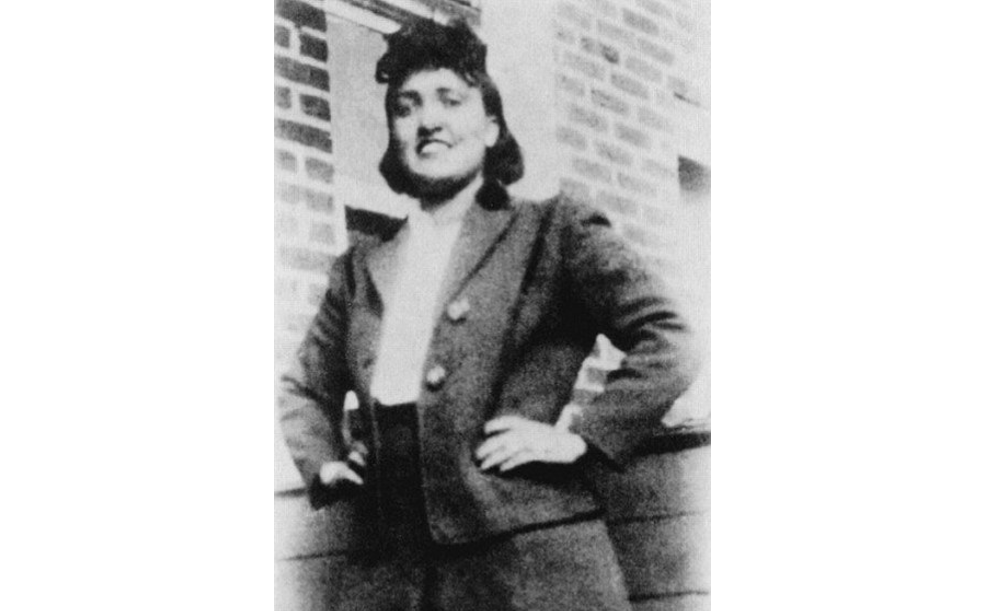UK College of Medicine Honors Henrietta Lacks’s Legacy
Henrietta Lacks’s “HeLa” cells continue to influence scientific discovery even after her death from cancer in 1951. These cells have been used to study cancer growth, learn more about viruses, and study drug effects on the body. They even helped develop the polio vaccine.
While her impact in medicine is widespread, Lacks’s story also has sparked important ethics discussions because her cells were used for research without her permission. On Thursday, Oct. 1, the UK College of Medicine’s Students Embracing Equity in Medical Sciences (SEEMS) hosted “Black Lives Matter Immortalized: CELLebrating the Legacy of Henrietta Lacks.” The virtual event provided a forum for discussion about Lacks’s life, the vital discoveries that derived from her cells, the importance of consent in research, and the mistrust that minority patients and communities continue to have with our medical and research community.
“While Lacks’s cells were monumental in numerous discoveries, this also should be recognized as a Black life being exploited to save lives,” Jean Branttie, a PhD candidate at the UK College of Medicine and organizer of the event, said. “We wanted to educate the college about HeLa cells and these ethical concerns so that when we pursue careers in research, we can more effectively and equitably serve our communities.”
UK College of Medicine speakers helped illustrate different aspects of Lacks’s story. A presentation by Isabel Mellon, PhD, director of graduate studies and associate professor of toxicology and cancer biology, gave the audience a look into Lacks’s life, the ethics discussions that have transpired over the years involving her case, and the effect they had on Lacks’s family. Gabrielle Keb, a graduate student at the UK College of Medicine, followed with a presentation explaining how the strength of HeLa cells makes them useful for her research at UK.
More than 100 participants in attendance were brought full circle to connect Lacks’s story with current events. What would have happened to Lacks today? And what can researchers do moving forward to help? The event allowed for open discussions of ideas for actionable steps. Audience members shared a strong desire to regain trust from the Black community through more representation in science, increased outreach, improved research transparency, and development of clearer communication of procedures and patient’s rights.
Locally, the UK College of Medicine has strengthened its efforts to build solutions for equity in medicine and science. The Office of Diversity, Equity, and Inclusion recently created two positions focused on expanding diversity and inclusion efforts, a director of inclusive research initiatives and a director of diversity, equity, and inclusion. These newly established roles aim to support mentorship, enhance programming, and optimize a pipeline for a more diverse research workforce.
“Henrietta Lacks made an incredible impact on medicine and research. Our event not only showed us that faculty, staff, and learners appreciate learning about the injustices in our medical history and are committed to ensuring a more just future,” said Stephanie White, MD, associate dean for diversity and inclusion. “The UK College of Medicine is committed to actively addressing inequities so that all patients in the Commonwealth and beyond are treated fairly, compassionately, and with dignity.”
SEEMS is a UK College of Medicine organization working to ensure all minorities in terms of race, ethnicity, place of origin, sexuality, military service, and disability have their unique experiences represented, celebrated, and directly involved in advancing medicine and science. UK students seeking to become involved in SEEMS can click here to contact the organization.
